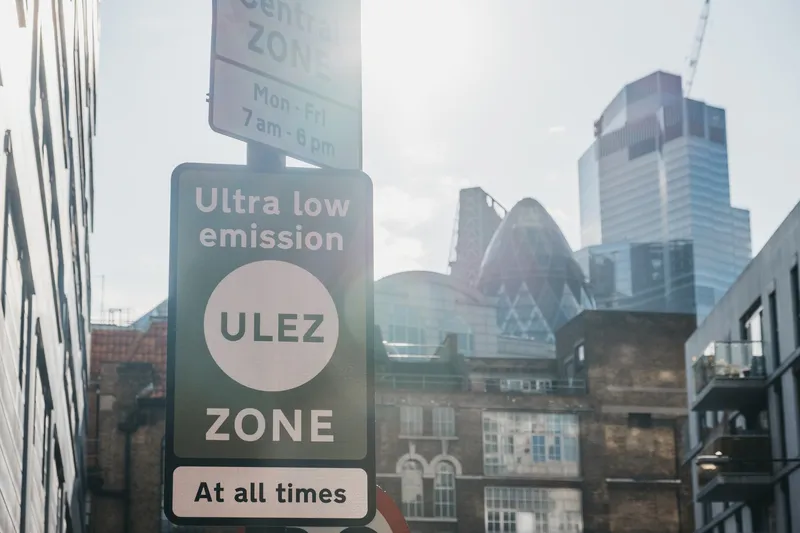
Transport for London earned less than expected in the first month of its newly-expanded ultra-low emissions zone (ULEZ).
It brought in just £16m in the weeks following its expansion on 25 October 2021.
"ULEZ income is lower than we had anticipated due to higher compliance," said TfL in a performance report.
The UK capital has long had a congestion charging zone and ULEZ in its centre, but last year the ULEZ grew to take in the arterial North and South Circular Roads around the city, "making it 18 times the size of the central zone".
Polluting vehicles are charged £12.50 per day to drive in the zone - but it appears that many drivers either found alternative routes or invested in cleaner vehicles which do not incur the charge.
"Londoners across the city can benefit from cleaner and healthier air as we continue actions to reduce pollution and help fight climate change," TfL said.
The report covered TfL’s financial performance from 1 April to 11 December 2021 and showed the demand for passenger journeys on public transport had plateaued.
They were at 68% of pre-pandemic levels, which is up just 2% on the previous reporting period.









